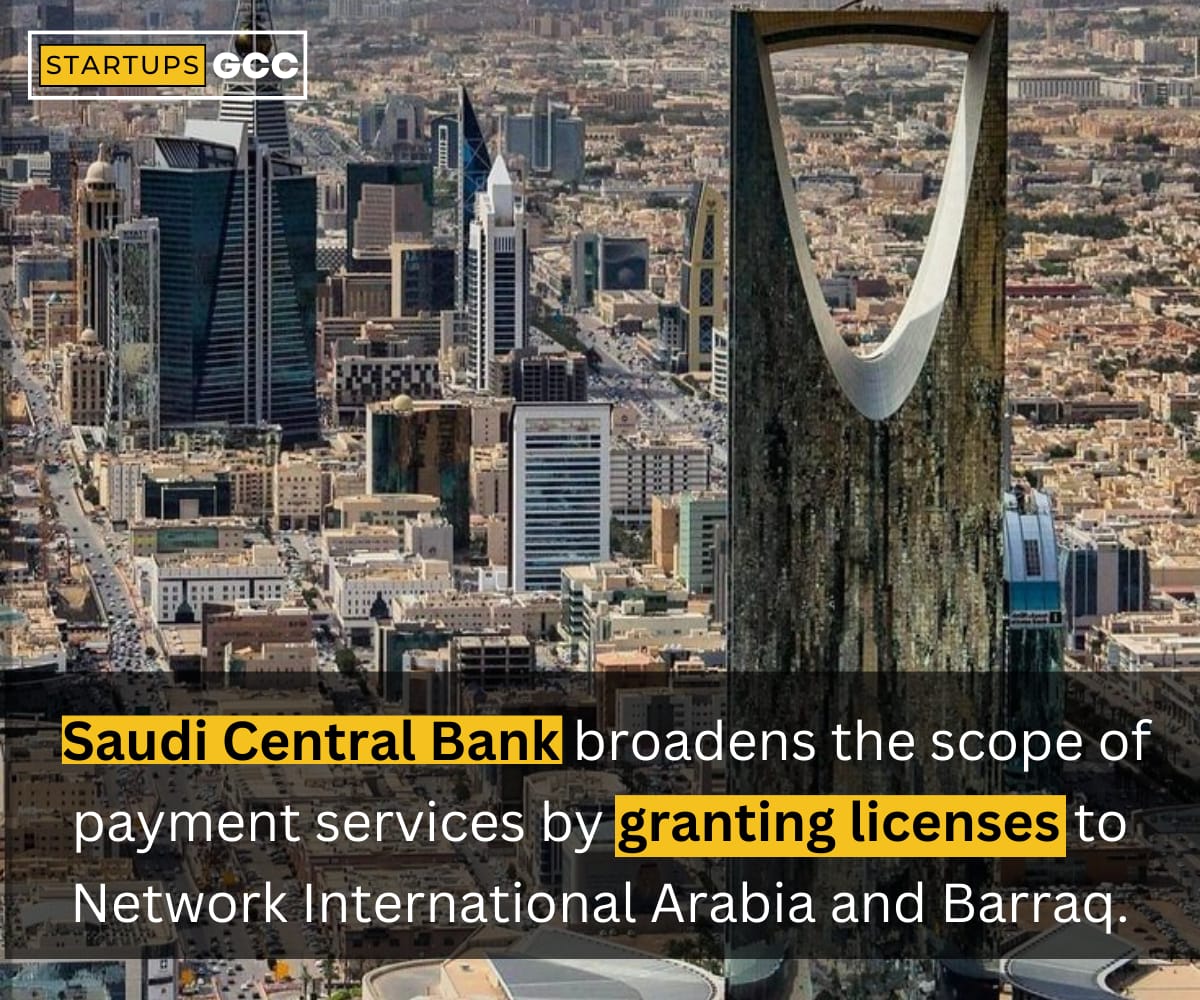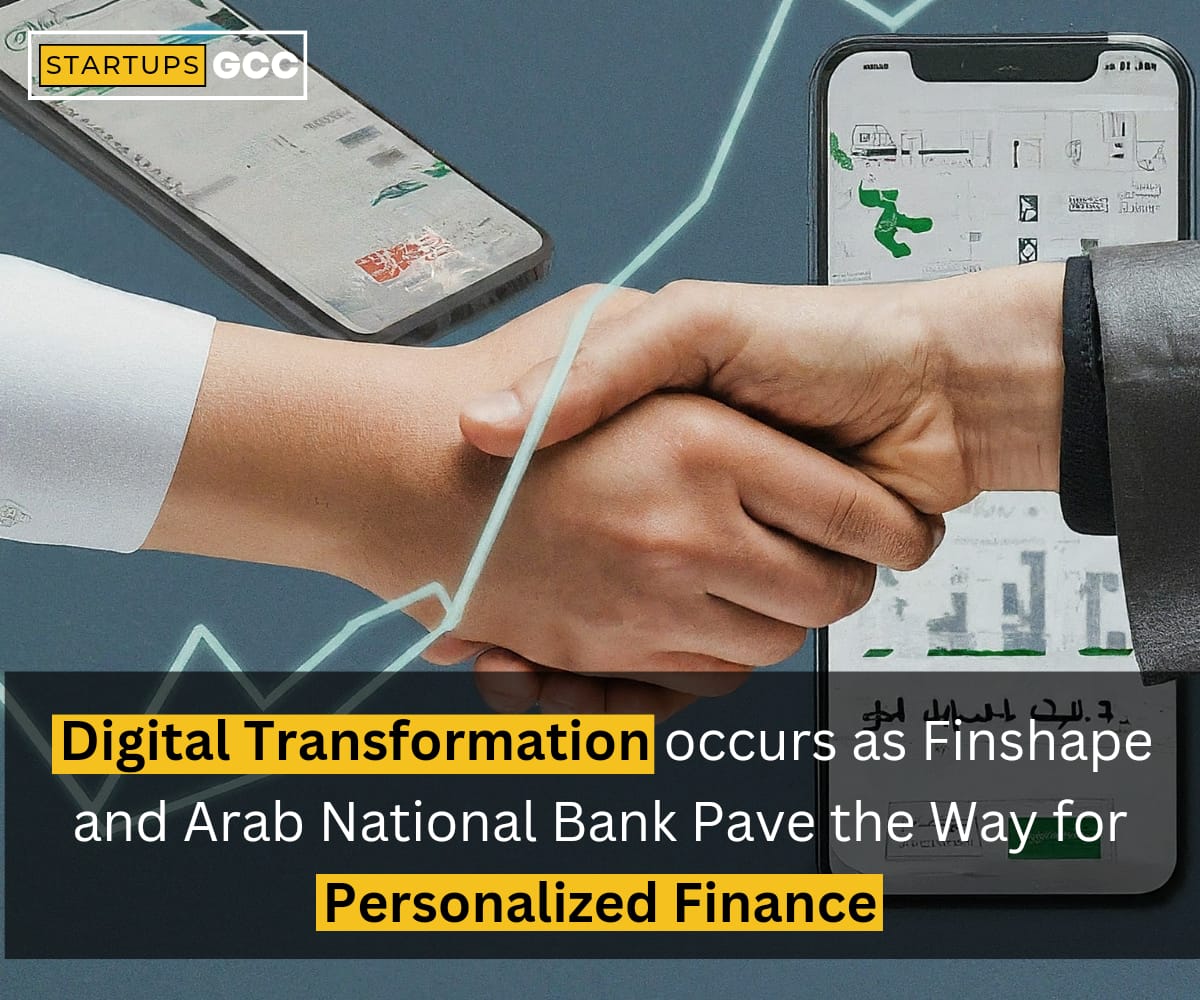
In a significant step towards improving the financial situation in Saudi Arabia, the Saudi Central Bank has recently granted licenses to pay to two major institutions: Network International Arab and Barrak. This strategic decision is set to have Vast implications for these two financial players and the broader sectors of banking, finance, and technology in the Kingdom. Let us explore the details of the development and its context, implications, and potential impact on the industry.
Background: Pre-reporting overview of the Saudi payments situation
Before the recent distribution of payment licenses to Network International Arab and Barrak, the Saudi payment landscape was characterized by a mix of traditional banking services and a gradual transition to digital payments. The need becomes increasingly recognized when traditional banking institutions spend on innovation and digital transformation in the financial sector.
The expansion of cash transactions was still prominent, highlighting the untapped potential for expanding digital payment solutions. Customers increasingly embraced online and mobile banking services as the environment evolved, giving rise to advanced payment technologies.
SAMA’s Role in Regulating and Promoting Financial Innovation
SAMA, the Central Bank of Saudi Arabia, has managed the country’s financial situation. Its responsibilities go beyond maintaining economic stability to fostering an environment facilitative to financial innovation.
SAMA’s initiatives include regulatory frameworks that promote digital payments, ensure network security, and encourage healthy competition among financial institutions. The Government’s strategic Vision is that all developments are aligned, highlighting the importance of embracing technology to enable more efficient and inclusive financial services.
New Players: A brief overview of Network International Arab and Barrak
Network International Arabs:
Network International Arabs, a subsidiary of the prestigious Network International, is a well-established player in the payment solutions space. With a regional presence and a history of providing innovative and secure payment services, the company is poised to significantly contribute to the advancement of digital payments in Saudi Arabia.
Barraq:
Barrack, an Emerging enterprise in the financial technology industry, has developed a new digital payment platform. Focused on Exploiting technology to increase economic Diversity, Barrack offers a range of fintech services. The company’s local presence and commitment to meeting the highest security standards position it as an outstanding competitor in the country’s growing fintech landscape.
Types of payment licenses:
Network International Araba and Barrack offer authorized payment options that include various payment services. This includes point-of-sale (POS) services, e-wallet solutions, and other digital payment methods. The separate licenses highlight the creation of a comprehensive and versatile digital payment system in Saudi Arabia.
Impact and Opportunities:
The entry of Network International Arab and Barak into the Saudi payments market is poised to impact competition and innovation significantly. Payment solution providers, alongside new fintech, create a dynamic landscape with plenty of opportunities:
Potential Benefits:
– Increased competition: The addition of new players creates healthier competition, which can lead to improvements in service quality, costs, and overall customer experience
– Innovation: Collaboration between fintech companies and traditional financial institutions could lead to mobile payments, blockchain, and artificial intelligence innovation.
Aligned with Saudi Vision 2030 goals:
The payment license seamlessly aligns with Saudi Vision 2030 objectives, particularly in financial inclusion and digital transformation, by diversifying payment environments and promoting digital payment solutions.
Reactions and Analysis: Quotes from Industry Experts, Analysts, or Company Representatives
Industry experts, analysts, and industry representatives have provided suggestions on this significant development:
Industry Expert Opinion:
A senior fintech analyst, John Smith, said, “Saudi Central Bank’s decision to license payments to Network International Arab and Barrack is a payment method to provide competitive and innovative payments. About the market, it has been the part.”
Company Representative Insights:
Ahmad Al Mansouri, Barrak’s CEO, said, “The payment license we have received from the Saudi Central Bank is proof of our commitment to transform the payments landscape. We look forward to supporting the Kingdom’s digital transformation and providing innovative financial solutions to empower customers and various industries.”
Potential Challenges and Future Outlook for the Saudi Payments Market
While the licensing of fee payments is a positive step, complications and uncertainties are inevitable:
Challenges
Compliance: Complying with changing regulatory frameworks and security standards is a challenge both established and emerging players face in the digital payments industry. Because laws and standards can change frequently, and companies need to ensure they are always up-to-date to avoid penalties or lawsuits, ensuring compliance can also be costly and takes a lot of time.
Customer acceptance: A successful digital payment solution depends on broad customer acceptance. However, security and privacy concerns may make some customers resist or be skeptical about digital payments. Addressing these concerns and persuading customers to adopt digital payment solutions can be a challenge for companies in the industry.
The future of collaboration:
– Evolving ecosystem: The Saudi payments market is expected to proliferate, with an increased shift towards digital payments. These changes could open doors for new entrants and partnerships, shaping the industry’s future.
– Continuous innovation: Collaboration between traditional financial institutions and fintech companies can foster a culture of continuous innovation, resulting in advanced payment technologies.
These factors paint a hopeful picture for the future of the Saudi payments market.
Conclusion:
In conclusion, the Saudi Central Bank has granted payment licenses to Network International Araba and Barrak to fulfill the transformation aspirations of Saudi Vision 2030. The decision is a deliberate move to achieve the overall objective of financial inclusion around digital transformation, encouraging and contributing to economic diversification, and fostering business-friendly employment and innovation to create an environment and facilitate business. The introduction of payment solutions is in line with Vision’s commitment to making modern financial services more accessible, fostering a knowledge-based economy resilient to oil market volatility, fostering entrepreneurship and innovation, and creating and facilitating an enabling environment for business. The strategy in line with Saudi Vision 2030 is compliance and a catalyst with the potential to redefine the Kingdom’s economy and contribute significantly to its visionary objectives.







If you would like to take a great deal from this article then you have to apply these techniques to your won website.
Wonderful blog! Do you have any hints for aspiring writers?
I’m hoping to start my own blog soon but I’m a little lost on everything.
Would you advise starting with a free platform like WordPress or go for a paid option? There are so many options out there that I’m totally confused ..
Any suggestions? Appreciate it!